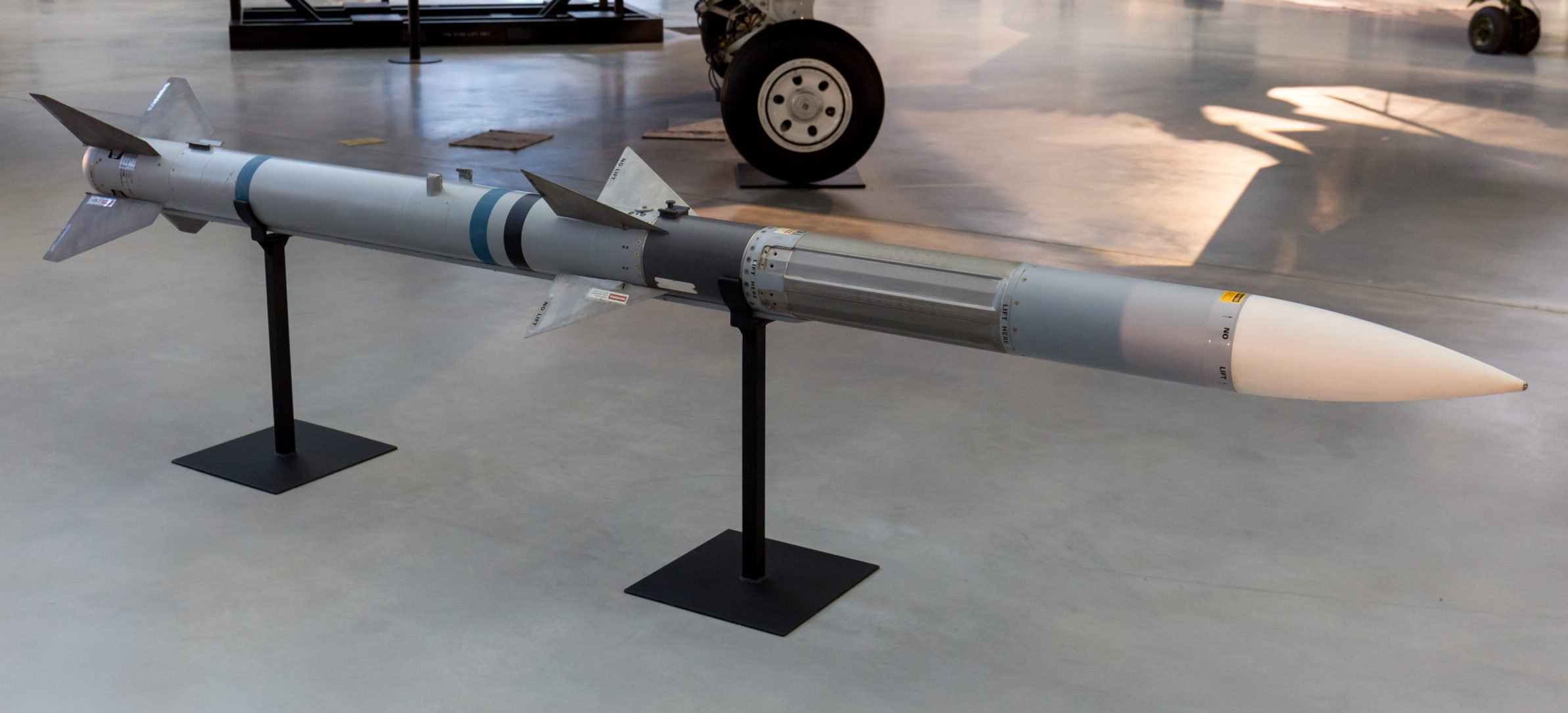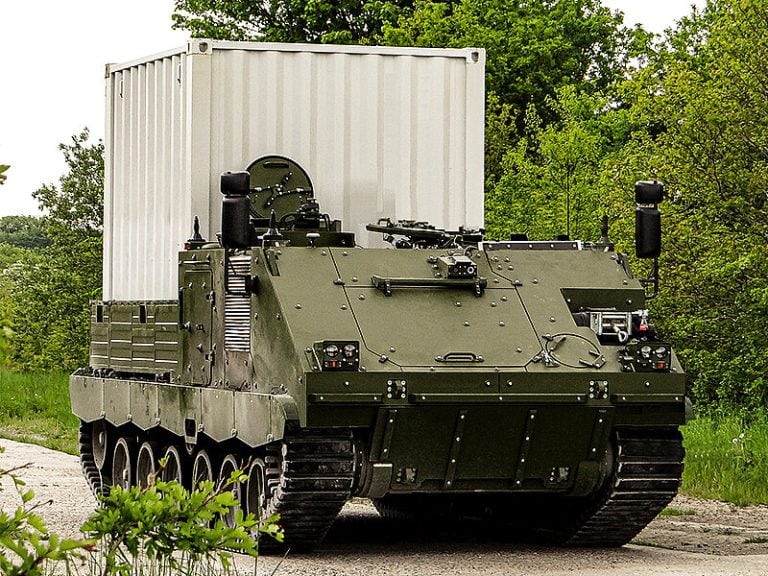In a significant move to bolster Australia’s defense capabilities, the United States has announced the approval of a $1.04 billion arms sale involving up to 200 AIM-120C and AIM-120D air-to-air missiles. The package also includes related equipment, a decision that underscores the strengthening ties between the two nations.
According to the U.S. Defense Security Cooperation Agency (DSCA), the proposed sale is aimed at enhancing Australia’s ability to address both current and future threats, specifically by improving aircraft survivability. This development is seen as crucial amid rising security concerns in the Indo-Pacific region.
Australia’s deepening ties with the U.S. are emblematic of its commitment to the AUKUS defense pact, which it shares with the United Kingdom. AUKUS is notably distinguished by its provision for Australia to acquire nuclear-powered submarines from the U.S., further indicating a shift towards enhanced military cooperation between these allied nations.
Australian Prime Minister Anthony Albanese emphasized the importance of bipartisan support for the AUKUS alliance during a February conversation with former President Donald Trump, assuaging concerns about U.S. commitment to the pact under the current administration of President Joe Biden. Albanese’s discussions with Trump were focused on reinforcing the mutual defense relationship and the strategic importance of Australia as a key ally in the Western Pacific.
The DSCA highlighted that aiding Australia in developing a robust self-defense capability aligns with U.S. national interests, particularly in maintaining stability in the Indo-Pacific region. As part of the approval process, the State Department has already given the green light for the sale, and the DSCA has notified Congress, which is expected to approve the transaction with minimal opposition.
This arms deal represents not only a substantial investment in Australia’s defense infrastructure but also a pivotal element in U.S.-Australia relations, ensuring that both nations are prepared to respond effectively to evolving security challenges.







